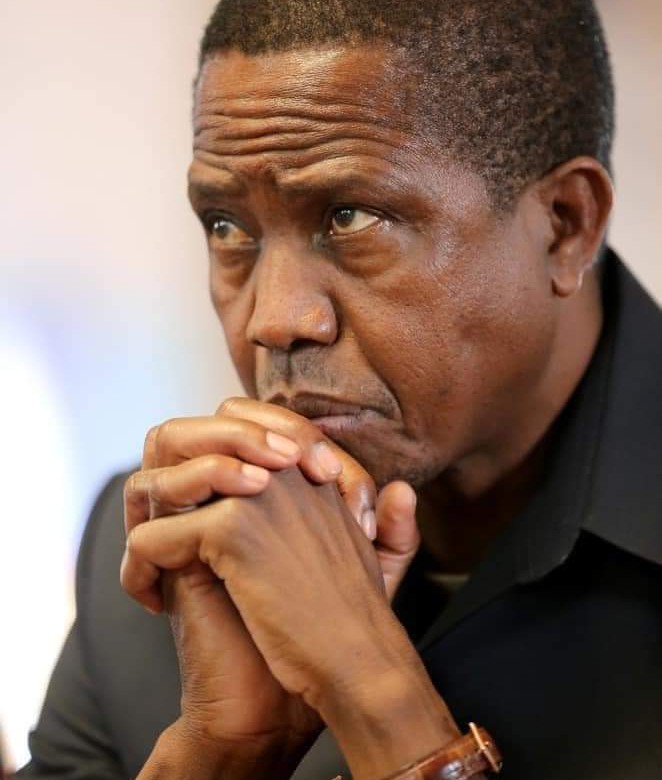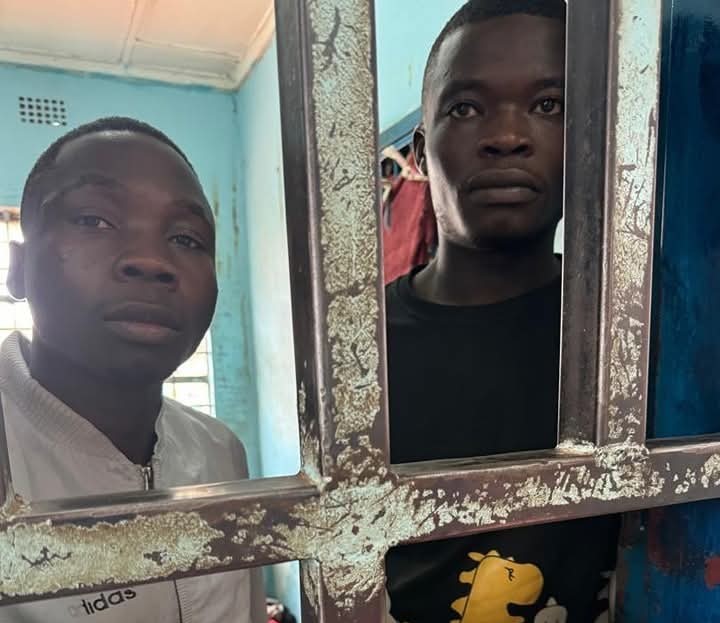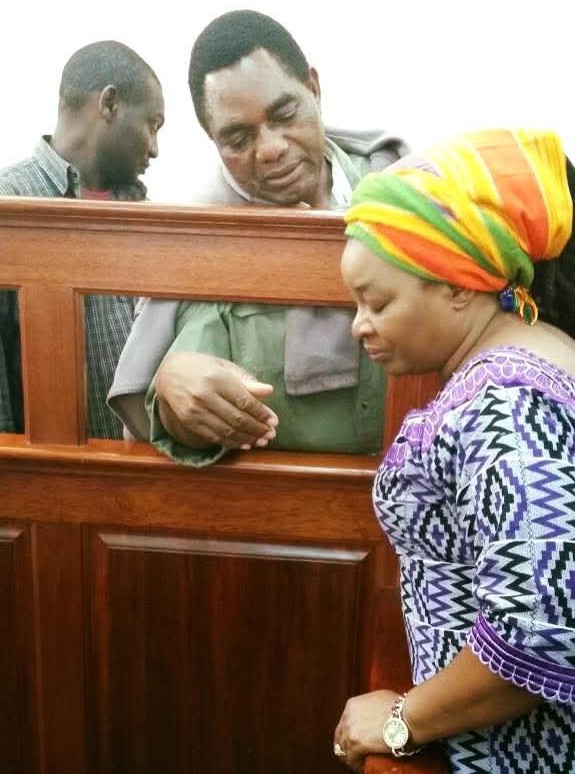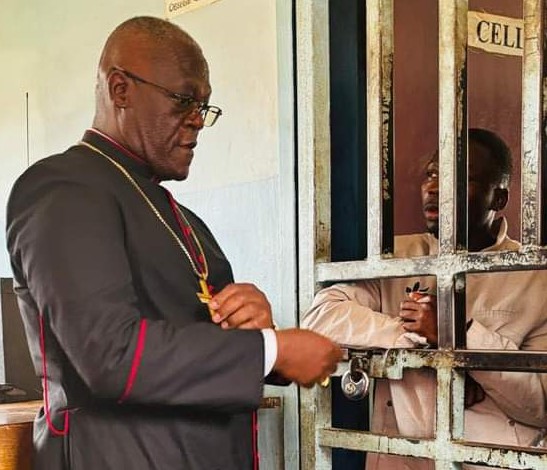
Former President Edgar Lungu has tasked his lawyers with seeking justice for two brothers detained for nearly two months without charge over a TikTok video. This legal showdown underscores the troubling state of justice in Zambia, where free speech is punished and the rule of law hangs by a thread.
Lusaka, Dec. 2 – Former President Edgar Lungu has directed his legal team to challenge the protracted detention of Elijah and Ernest, two brothers who have languished behind bars for nearly two months without charge. Their alleged crime? Posting a TikTok video that seemingly mocked President Hakainde Hichilema. This case has ignited widespread debate on the state of human rights and the rule of law in Zambia, with critics branding the situation as a glaring miscarriage of justice.
Also Read: When Sedition Meets Salvation: Archbishop Banda’s Advent Visit to the TikTok Prisoners. Elijah and Ernest Kaumba’s 58-day detention for TikTok “sedition” reveals a government that jails satire while fearing dissent. Archbishop Alick Banda’s compassionate visit shines a light on a justice system that mistakes humour for heresy and compassion for complicity.
The brothers, aged 26 and 22, hail from Kalulushi on the Copperbelt and were arrested on October 3, 2024. Following their apprehension, they were transported to Lusaka, where they remain detained at Ridgeway Police Station. The lack of formal charges against them has raised eyebrows, with many questioning whether this is a case of justice delayed – or outright denied.
In a statement posted on his Facebook page, Mr. Lungu condemned the continued detention as “malicious” and called for an immediate end to what he described as an abuse of state power. He emphasized that the brothers’ detention is not only unlawful but also a dark stain on Zambia’s democratic credentials. “This should stop,” the former President declared, pointing to the broader implications of such actions on the country’s international reputation.
The advocacy group Zambia We Want has also weighed in, expressing deep concern over the denial of police bond or a court hearing for the detained youths. Interim Spokesperson Muhabi Lungu lamented that this case is part of a worrying trend, noting that it marks the fifth instance in the past three months where accused individuals – such as Jason Mwanza, Chanda Chikwanka, and Thomas Zulu – have been subjected to similar inhumane treatment. According to the group, such actions reveal a systematic erosion of legal norms and fundamental rights.
“The law is being persistently abrogated,” Muhabi Lungu stated, underscoring how this case exemplifies the growing impunity among law enforcement. He argued that the detention of Elijah and Ernest is not just an attack on individual liberties but a chilling warning to all citizens who dare to exercise their freedom of expression.
Former President Lungu has described the police’s actions as “totally unacceptable,” calling for the immediate release of the two brothers or, at the very least, their formal charging and arraignment in court. His statement reflects a broader frustration among Zambians who fear that arbitrary detentions are becoming the new norm under the current administration. “Justice must not only be done but seen to be done,” he insisted, invoking the foundational principles of the rule of law.
The case has rekindled a national conversation about the boundaries of free speech and the government’s apparent intolerance of dissent. Critics argue that this heavy-handed response to a social media post demonstrates a leadership more concerned with silencing opposition than addressing Zambia’s pressing socioeconomic issues. As the adage goes, “When you cut out a man’s tongue, you don’t prove him a liar; you only show your fear of what he might say.”
Also Read: From Democratic Dreamer to Despotic Dictator: Hichilema’s Fragile Throne! Under a scared presidency of Hichilema, Zambia might as well replace the Zambian eagle with a chicken. True leadership isn’t about silencing youthful voices; it’s about delivering on promises and serving the people with humility, not fear.
At its core, this saga raises a fundamental question: Is Zambia still a beacon of democracy, or has it begun its descent into authoritarianism? The outcome of Elijah and Ernest’s case will not just determine their fate but will also serve as a litmus test for the state of justice and human rights in the country.
About Our Advocacy: Woodpecker’s Digest provides in-depth analyses and commentary on issues of national importance, alongside articles on personal development and health. We believe journalism can be a force for socio-economic change.
©2024 Woodpecker’s Digest.
Journalism for social change







